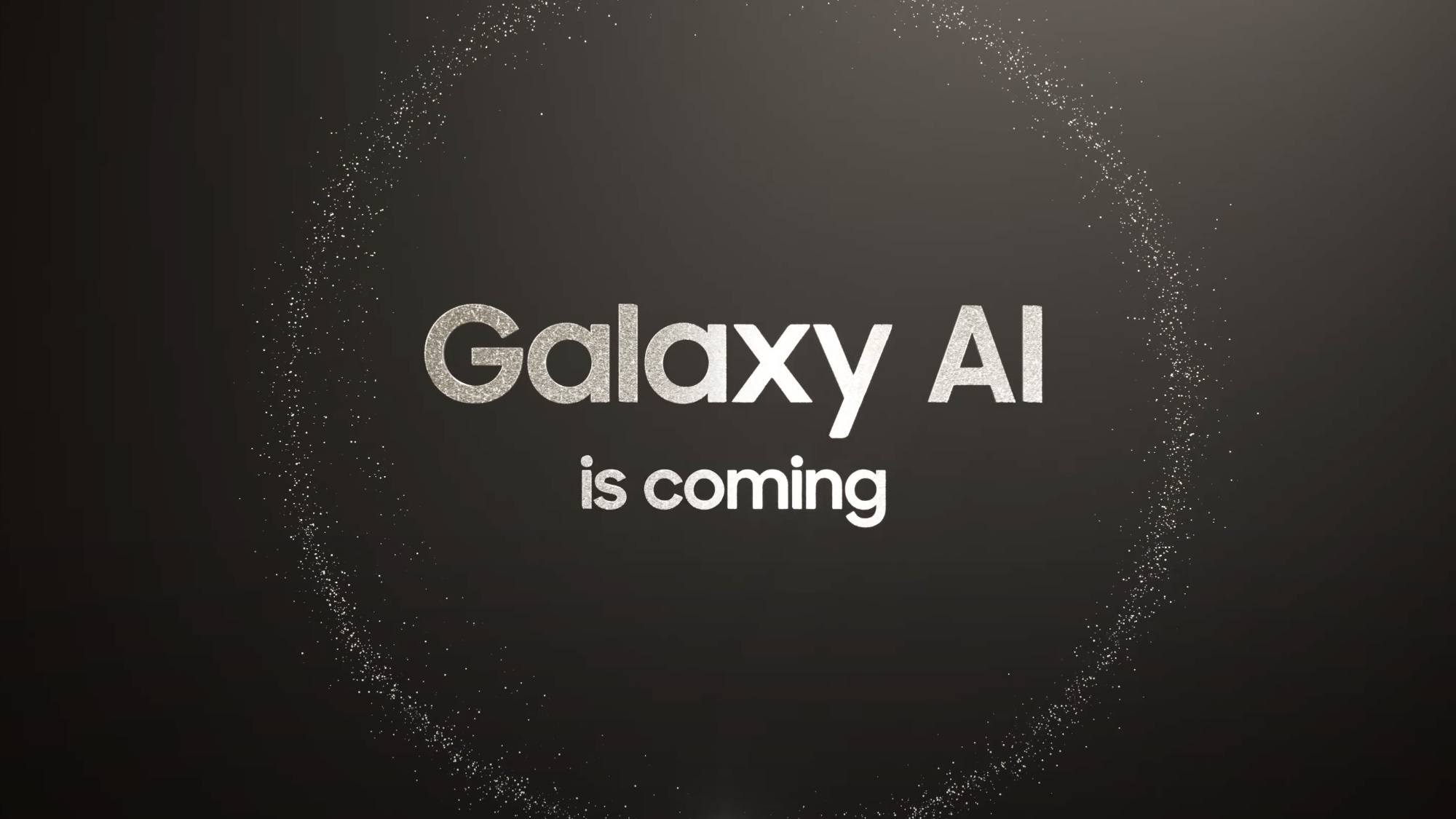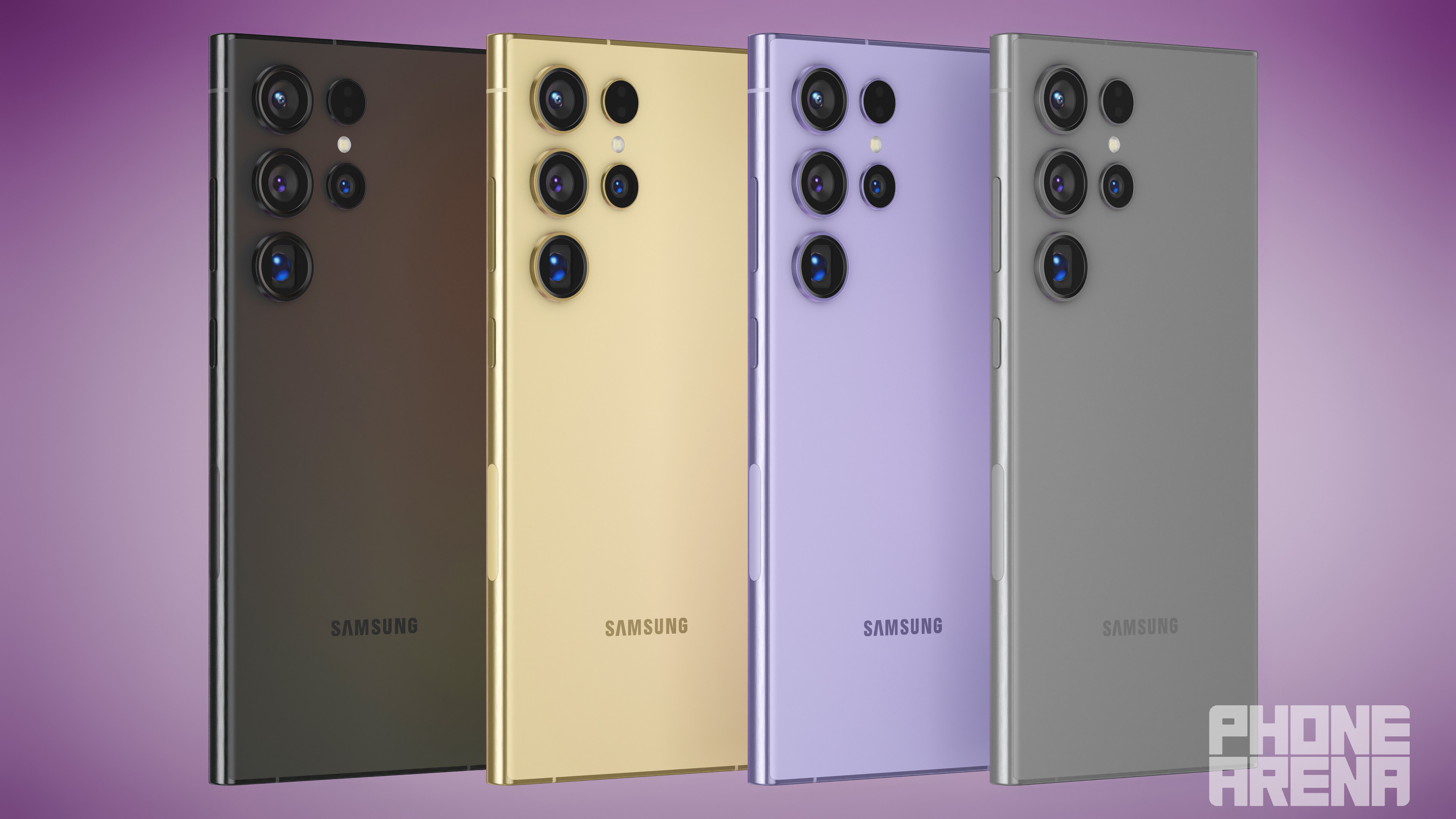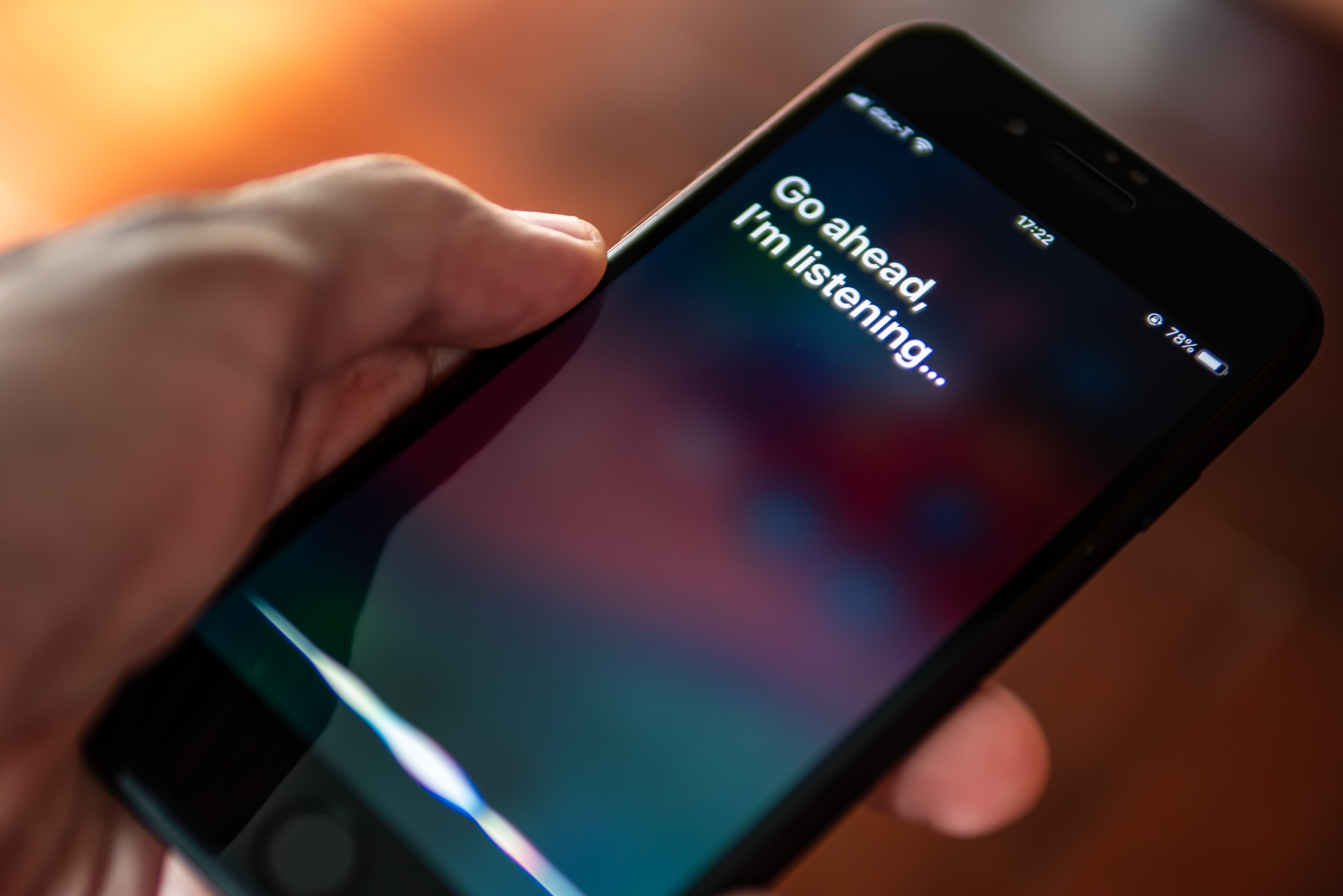2024 is the year AI eclipses hardware in smartphones — is this a good thing?
The AI might not be Skynet, but it is taking over

The upcoming release of the Samsung Galaxy S24 is focused largely on the buzz about the phone's AI features. And yet, some have fielded complaints about the perceived lack of hardware changes. There's an argument this is the first time the focus on AI software improvements has overtaken hardware upgrades in new phones. Is this is something we should be excited or concerned about, given the huge price tag now attached to any flagship phone?
One of the biggest issues with any new phone is standing apart from the competition. In the early days, this meant a lot of innovation very fast. The variety of options was, frankly, staggering, just look at the difference between a Blackberry and the iPhone 4S or Samsung Galaxy S4 Zoom. However, this has slowly changed and now the phones all seem to appear similar and their specifications have all started to sound very similar.
Part of this is down to the general cost of the hardware pieces compared with how much phones can realistically be sold for. What I mean is that experimentation is a risk, and one that may not pay off. If you decided to innovate and it failed, suddenly you have a product that will never sell. AI does not have this issue, it can be changed and adapted and even experimented with in ways that hardware can't.
Currently, Samsung is heavily pushing its onboard AI, Samsung Gauss and the features made available in the OneUI 6.1 update. These features involve in-call translations, the ability to summarize text as well as a wealth of photo and recording features. It would appear that when using these features, pictures and videos reach a quality that a simple artificially unintelligent camera is not capable of performing.

The proficiency of AI means that Samsung may be able to spread out how often they improve the cameras in their phones. This could be beneficial for a user as it would mean the cost of camera updates may be directed somewhere else, for instance on developing non-crack screens, which I think would be a major and important hardware change. There is also the advantage of AI functionality being spread out over the phone systems, so any improvement has more reach than many hardware changes tend to.
A win for accessibility
One of the biggest strengths of AI is its ability to improve phone accessibility in ways not available to hardware and are usually customizable. For instance, Apple included the back tap feature on its iPhones to improve one-handed usage on the phone. This is a great feature but it has its limitations. there are also reports that it was the cause of the recent iOS 17.3 beta 2 boot loop issue.
AI does not have the issue of limitations and it has far more room to grow than hardware in this regard. For instance, AI can adapt the screen to adapt colors depending on individual visual traits, which would also be considerably cheaper than trying to develop a screen that does half as much.
It is important to note that I am not saying that AI functionality can completely replace hardware changes I believe quite the opposite. There are certain things that AI can not currently do. For instance, an AI could theoretically improve the pixel distribution on a screen but it is unlikely to be able to make as much of a difference as an improved OLED or LED display. However, what AI can do is allow the developer to focus and stretch out how often improvements need to be made.

Part of the issue is that selling a lot of AI features appears surprisingly tricky. It feels like many of the features of AI are highly specialized, or just don't appeal to the average user enough to always stay as a focus. For instance, in-call translation sounds great, but how often is it going to come into effect?
When I look back on the evolution of smartphones one of the biggest additions was Siri. For our younger readers, I cannot overstate how much of a big deal things like Siri and Alexa were when they first appeared. The idea of being able to talk to your phone and ask it to do things was a major improvement.
When it comes to what will draw in customers, generative AI assistants and photo editing are two of the big ones. Their inclusion will arguably bring in more people than the majority of basic hardware changes.
As I said up top, I think the focus on AI is a positive thing for smartphones. The focus on accessibility and the pullback on incremental hardware changes are both positives that will only help the market. I think that it is also an area that will allow for some experimentation, more so than is currently shown. Hopefully, this trend will increase during the rest of 2024 and beyond.
More from Tom's Guide
Sign up to get the BEST of Tom's Guide direct to your inbox.
Get instant access to breaking news, the hottest reviews, great deals and helpful tips.

Josh is a staff writer for Tom's Guide and is based in the UK. He has worked for several publications but now works primarily on mobile phones. Outside of phones, he has a passion for video games, novels, and Warhammer.
